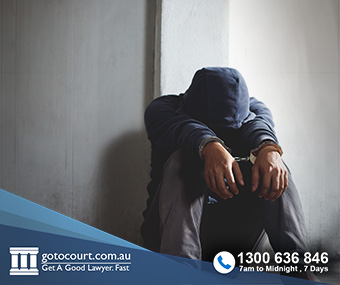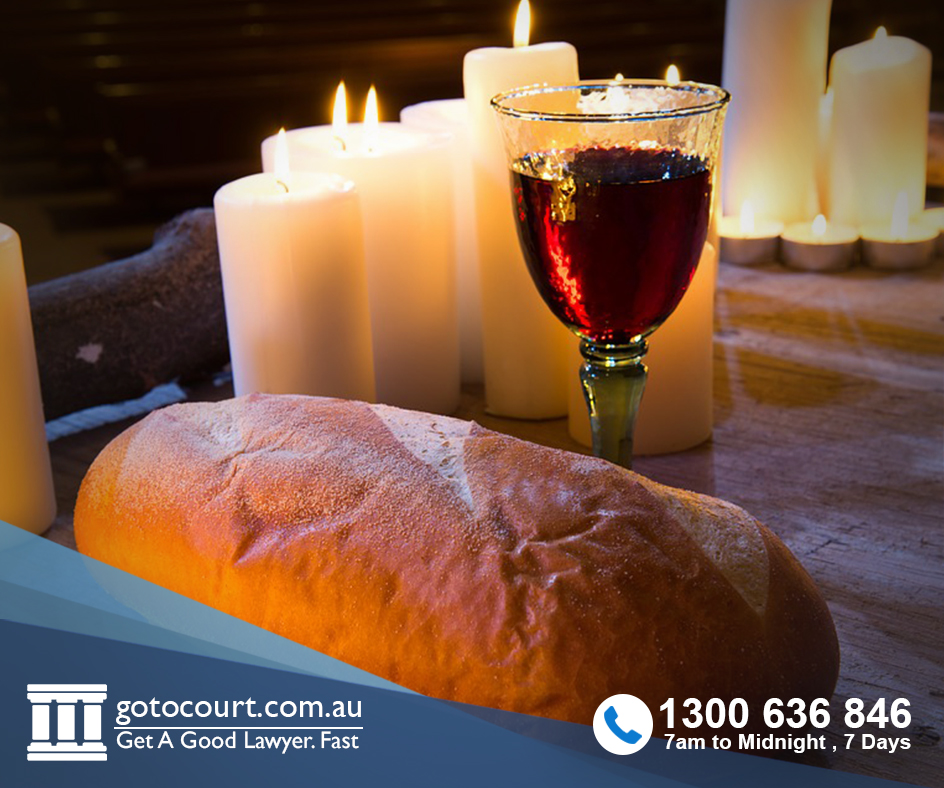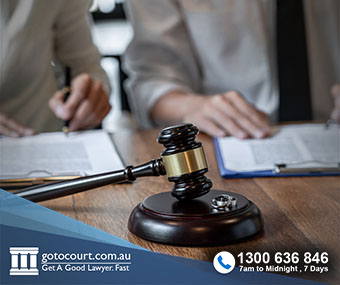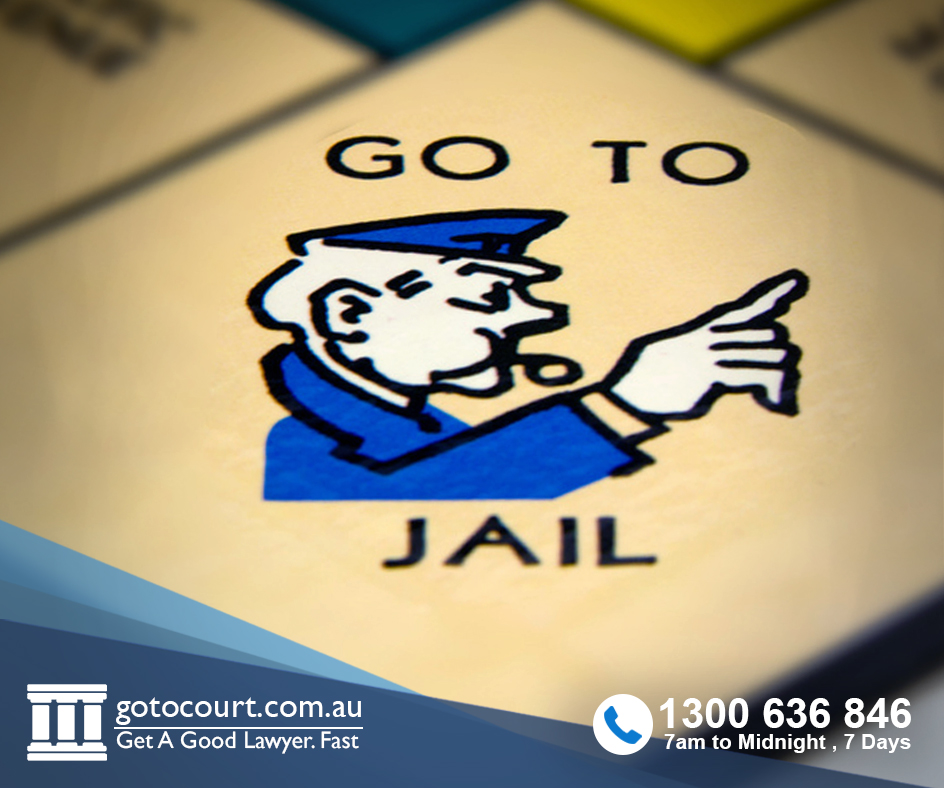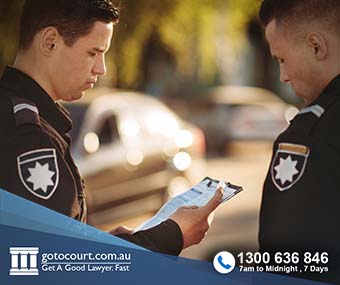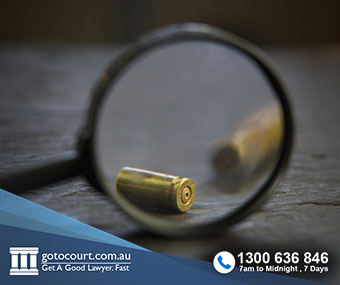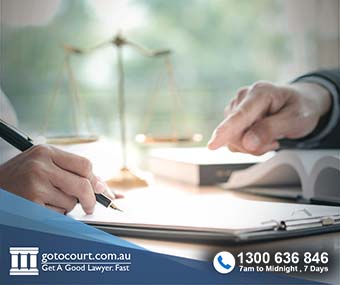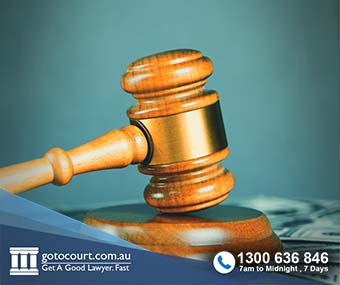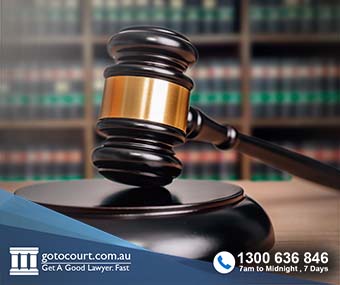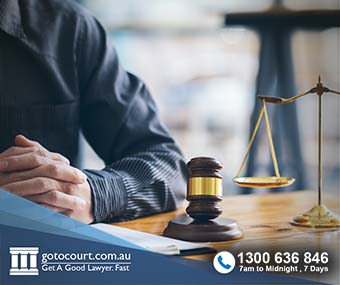Unlawful Wounding in New South Wales
Unlawful Wounding in New South Wales
In New South Wales, one of the criminal offences that relates to personal violence is unlawful wounding. This offence is contained in sections 33 and section 35 of the Crimes Act 1900. Similar offences exist in many other states and territories. This page deals with the unlawful wounding offences in New South Wales.
What is unlawful wounding?
A person unlawfully wounds another person if they break the other person’s skin without a lawful justification or excuse. In order for the offence to be made out, both layers of the victim’s skin must be broken. Breaking the outer layer alone is not sufficient.
The injury does not have to be severe or long-term. It may be a cut or stab and may be inflicted with a weapon such as a knife or bottle, but there is no requirement for a weapon to be used.
Penalty for unlawful wounding in New South Wales
In New South Wales, a person can be charged with wounding with intent to cause grievous bodily harm (section 33). This offence attracts up to 25 years imprisonment. A person can also be charged with reckless wounding (section 35), which attracts up to seven years imprisonment.
If the offence is aggravated, longer maximum penalties apply. An offence is aggravated if it is committed in company with one or more other persons.
Defences to unlawful wounding
If you have been charged with an unlawful wounding offence, Go To Court Lawyers’ criminal solicitors can help you to determine whether you should plead guilty or content the charge. They will help you to assess the strength of the prosecution case and advise you as to whether there is a legal defence that applies.
Some of the legal defences that can be argued in response to an unlawful wounding charge are outlines below.
The defence of self-defence
Under section 418 of the Crimes Act 1900, a person is not criminally responsible for an act if it was carried out in defence of themselves or of another person and the act is a reasonable response to the circumstances as the accused person perceives them.
The defence of intoxication
Intoxication is not a full defence, but is it taken into account when assessing an accused person’s intention. If a person is charged with wounding with intent to commit grievous bodily harm and the act occurred when they were heavily intoxicated, they may be found not to have had the requisite intention as they were too intoxicated to form a specific intent. However, under section 428C of the Crimes Act 1900, evidence of intoxication cannot be taken into account if the resolve to carry out the act before becoming intoxicated.
The defence of mental impairment
A person is not criminally responsible for an act if at the time they carried it out they were affected by a mental impairment that meant that they could not understand the nature and quality of their conduct.
The defence of immature age
A person must be above the age of criminal liability in order to be found guilty of an offence. The age of criminal liability is 10. If a child between 10 and 14 is charged with an offence, they can be found guilty only if the prosecution proves that they had the capacity to understand that their actions were seriously wrong and not just ‘naughty’.
Applying for bail on a wounding charge
If you have been remanded on a charge of unlawful wounding, Go To Court Lawyers can assist you to apply for bail. The court will decide whether to grant bail under the Bail Act 2013, with reference to whether there is an unacceptable risk that you will:
- Commit a serious offence
- Fail to appear at court
- Endanger the safety of victims or the community
- Interfere with witnesses
If you have been charged with a wounding offence and you have a previous conviction for a serious personal violence offence, the court will require you to ‘show cause’ why you should not be remanded. In other words, there is a presumption against you getting bail which your lawyer will have to overcome in order for you to be released.
If you require legal advice or representation in any legal matter, please contact Go To Court Lawyers.

Affordable Lawyers
Our Go To Court Lawyers will assist you in all areas of law. We specialise in providing legal advice urgently – at the time when you need it most. If you need a lawyer right now, today, we can help you – no matter where you are in Australia.How It Works




1. You speak directly to a lawyer
When you call the Go To Court Legal Hotline, you will be connected directly to a lawyer, every time.

2. Get your legal situation assessed
We determine the best way forward in your legal matter, free of charge. If you want to go ahead and book a face-to-face appointment, we will connect you with a specialist in your local area.

3. We arrange everything as needed
If you want to go ahead and book a fact-to-face appointment, we will connect you with a specialist in your local area no matter where you are and even at very short notice.


